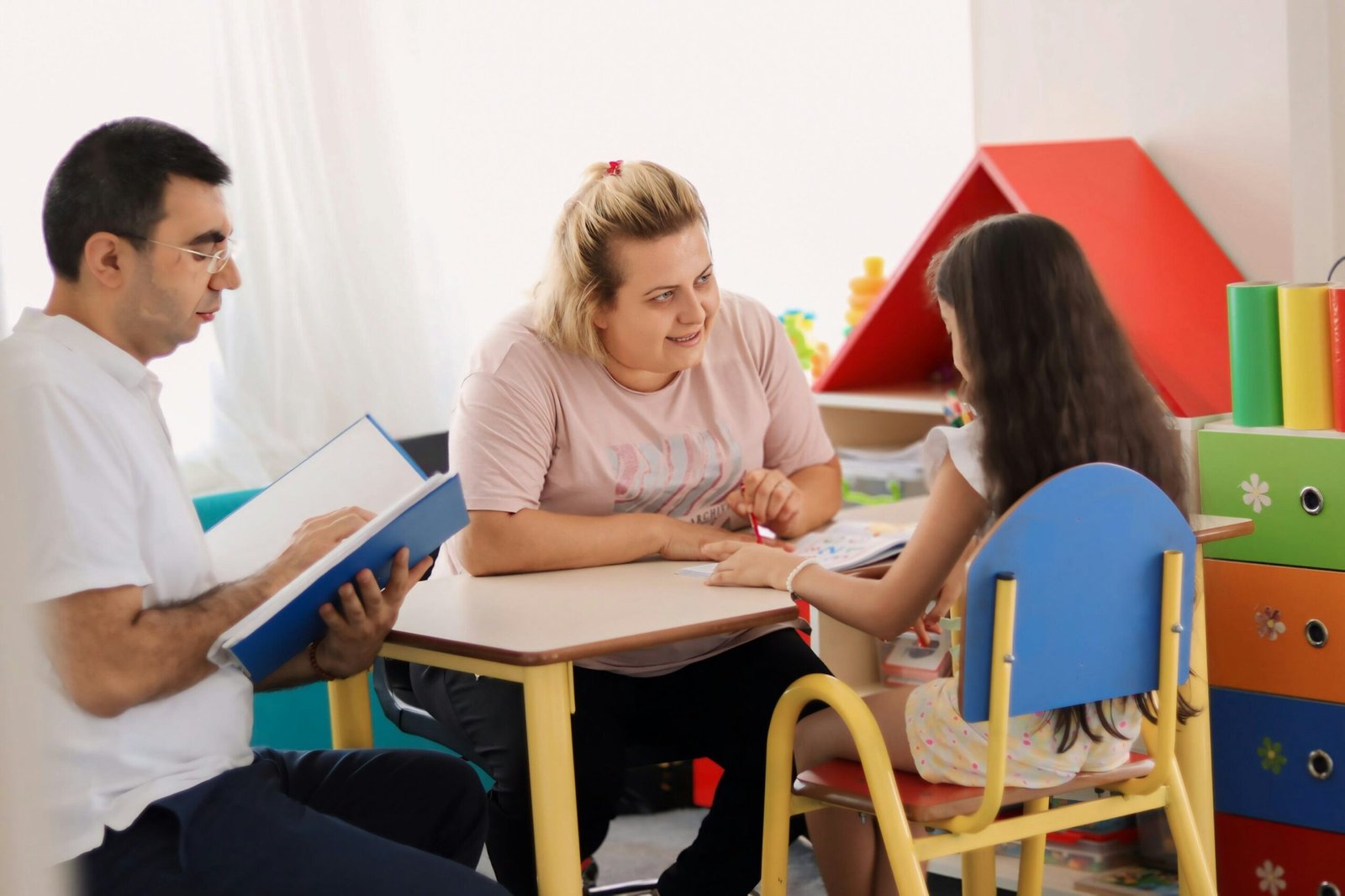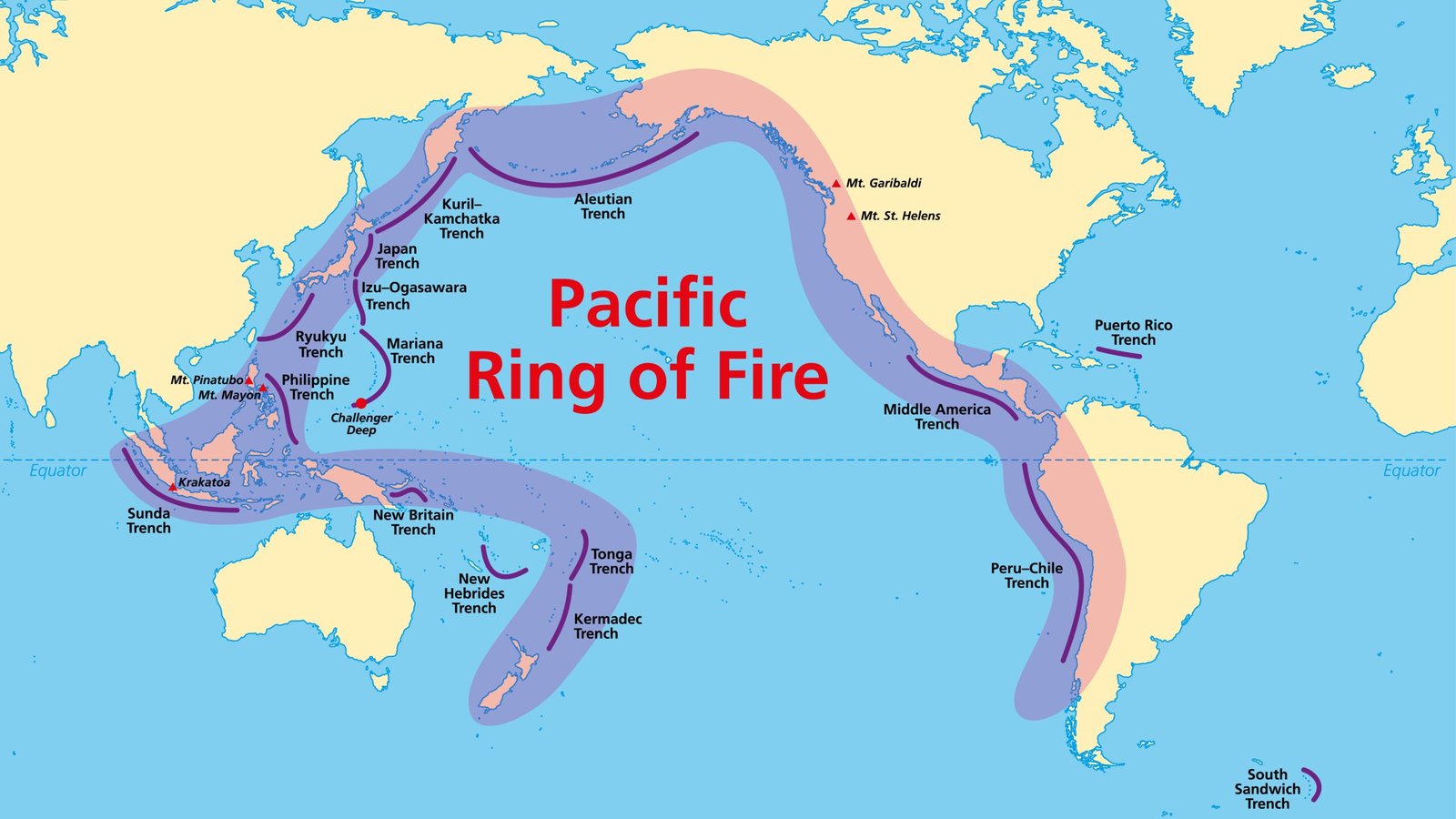
A national survey of early childhood educators revealed unsustainable workloads and unpaid hours are impacting the quality of care provided to young children.
Led by the University of Sydney, the study is the first in Australia to link educator workloads with early childhood education quality. It found educators spend less than 30% of their time, or less than 2.5 hours a day, in undistracted and uninterrupted time with children; more than three-quarters work an average of nine unpaid hours per week; and more than two-thirds said their workload demands reduce the quality of care they can provide to children.
The researchers are now calling for a national review of work in early childhood services as a first step toward improving quality and ensuring workforce well-being and sustainability. The study is published in The Australian Educational Researcher journal.
Led by Dr. Erin Harper and Professor Susan McGrath-Champ at the University of Sydney and Professor Rachel Wilson at University of Technology Sydney, the study included a national survey of 570 early childhood educators—both degree-qualified teachers and vocationally trained educators—examining workload, work hours and how this relates to the quality of early childhood education and care (ECEC).
“Our findings paint a stark picture of a sector in crisis,” said lead researcher Dr. Harper from the Sydney School of Education and Social Work. “Many educators said they spend a lot of time working away from children in their care and are often interrupted by multi-tasking, administrative work, or cleaning duties. From our survey responses, 73% believed their high workloads are undermining quality in their service, while 76% were concerned that children are not receiving enough of their time.”
“This demanding workload poses a risk to both educator and child, creating a substantial social, political and economic problem,” said Professor Wilson.
“We’re seeing the consequences of a neglected sector that is foundational to our society. Educators, predominantly those that are highly qualified, are being pulled away from children to complete low-value administrative tasks. This highlights the inefficiencies in the way our ECEC workforce is being utilized, and children are missing the quality face-to-face interactions they need to learn, solve problems, understand new ideas, and thrive.”
The study is also the first to thoroughly measure and report on how many unpaid hours educators work, which appear to make up a significant part of their overall workload.
“In a profession among the lowest paid in Australia, more than three-quarters of educators reported working an average of nine unpaid hours every week. This frequency and volume of unpaid hours is deeply concerning,” Professor Wilson said.
“These issues are not isolated or incidental: they’re systemic. The sector is largely privatized, with inconsistent regulation, limited government oversight, and a huge variation in working conditions, impacting young children and their development,” said Dr. Harper.
The research found the burden of unpaid work, low pay, and unrealistic expectations is unsustainable, with many educators reporting high levels of mental and physical exhaustion.
“Two major consequences of this are early childhood educators leaving the profession due to burnout and low levels of job satisfaction, and most of those who stay indicate they are struggling to find time to engage in quality interactions with children, which leads to even more dissatisfaction,” Dr. Harper said.
The study called for further investigation and urgent government intervention to rectify pay equity, particularly for degree-qualified teachers, and to address workload issues in the early childhood sector.
“Improving working conditions for early childhood educators is essential to raise sector-wide standards and provide high-quality practices that enable all children to thrive,” Professor Wilson said.
“These findings come at a time of heightened public scrutiny, following recent attention on complaints to the regulator and a NSW parliamentary inquiry into early childhood education. We hope this work contributes to the broader conversation about the future of the ECEC sector, one that places the well-being of both children and educators at its core.”
More information:
Erin Harper et al, Workload demands, unpaid hours, and concerns about time with children: a survey of Australian early childhood educators, The Australian Educational Researcher (2025). DOI: 10.1007/s13384-025-00847-z
Provided by
University of Sydney
Citation:
Childcare educators spend less than 30% of their time in focused interaction with children (2025, July 17)
retrieved 17 July 2025
from https://phys.org/news/2025-07-childcare-focused-interaction-children.html
This document is subject to copyright. Apart from any fair dealing for the purpose of private study or research, no
part may be reproduced without the written permission. The content is provided for information purposes only.




